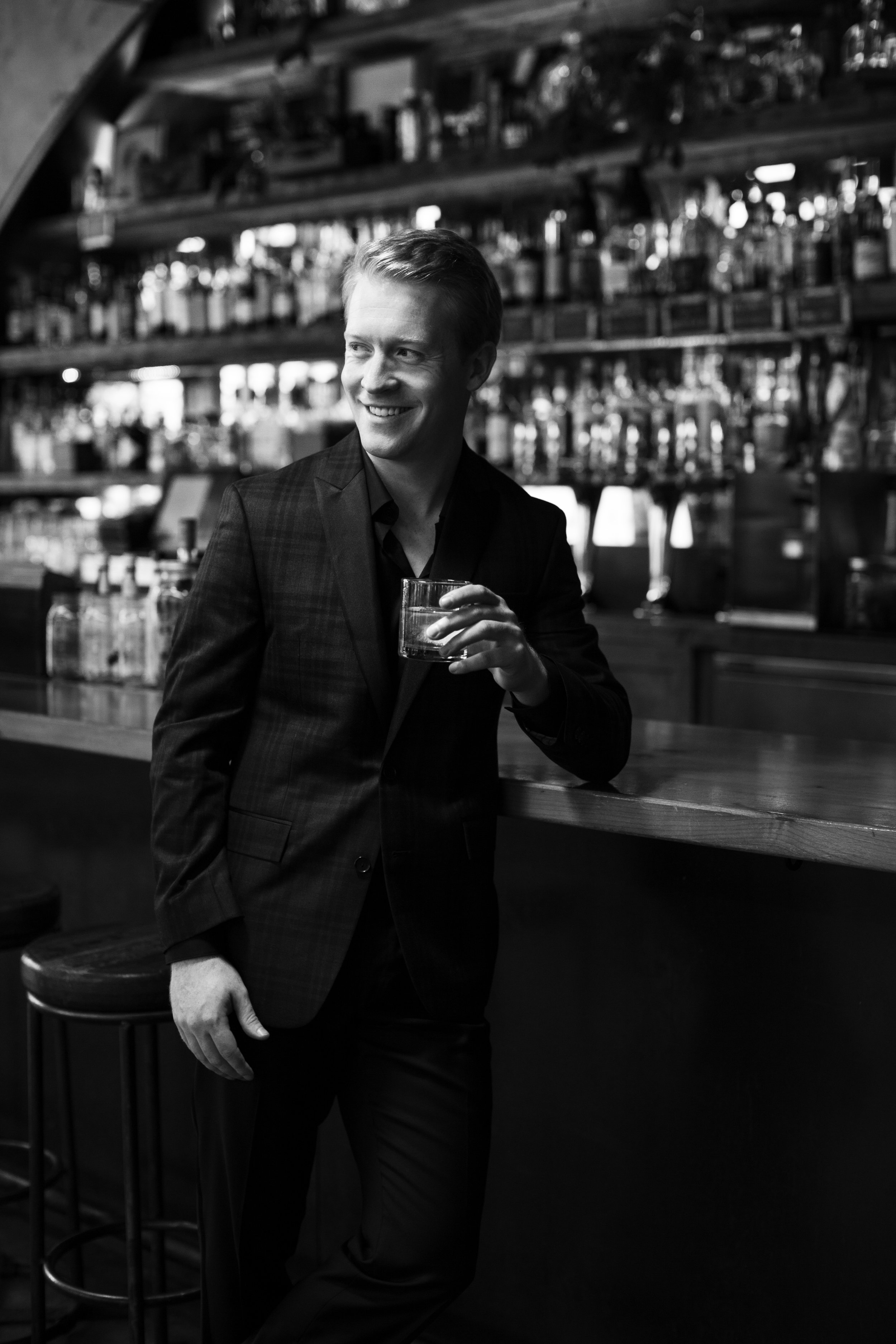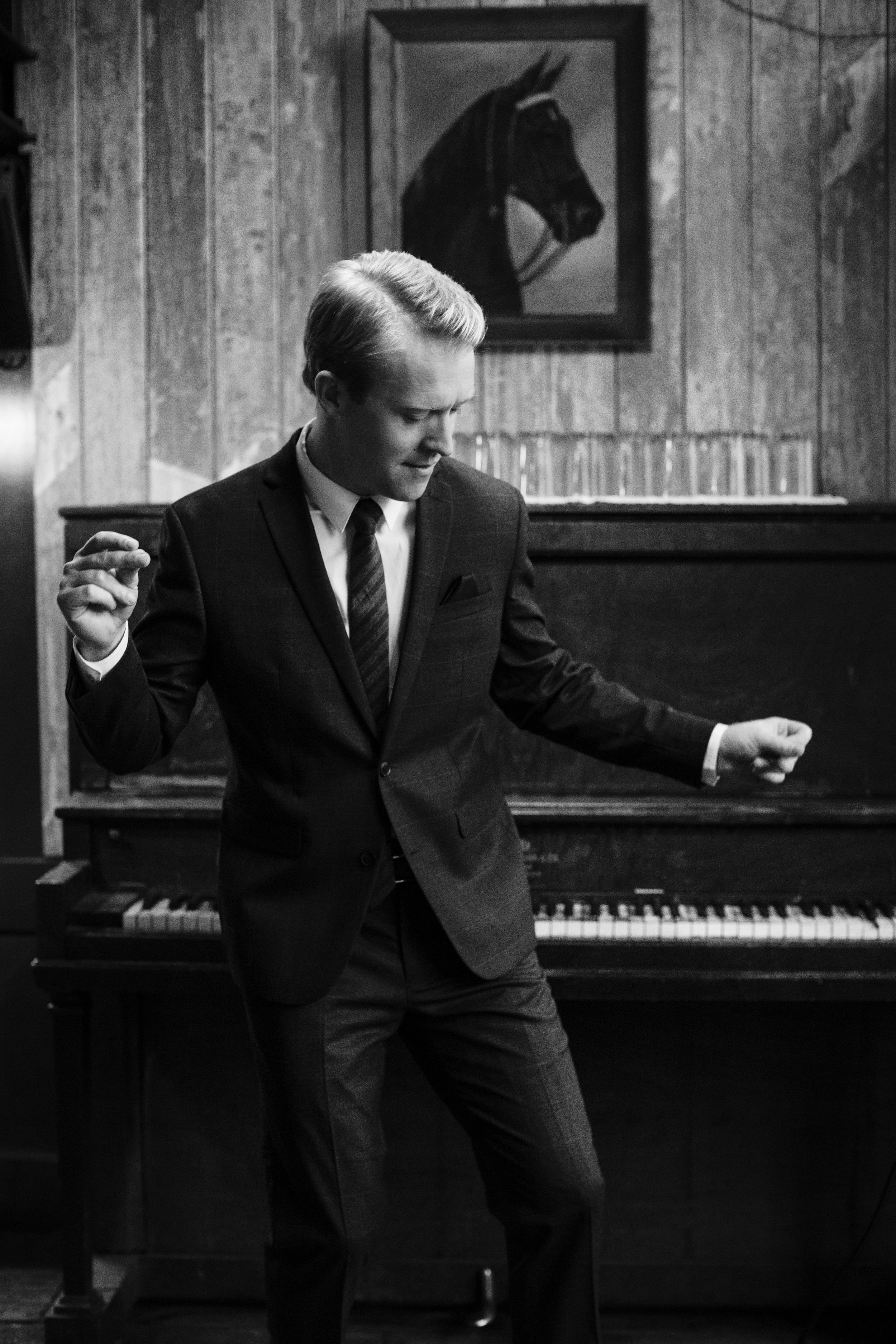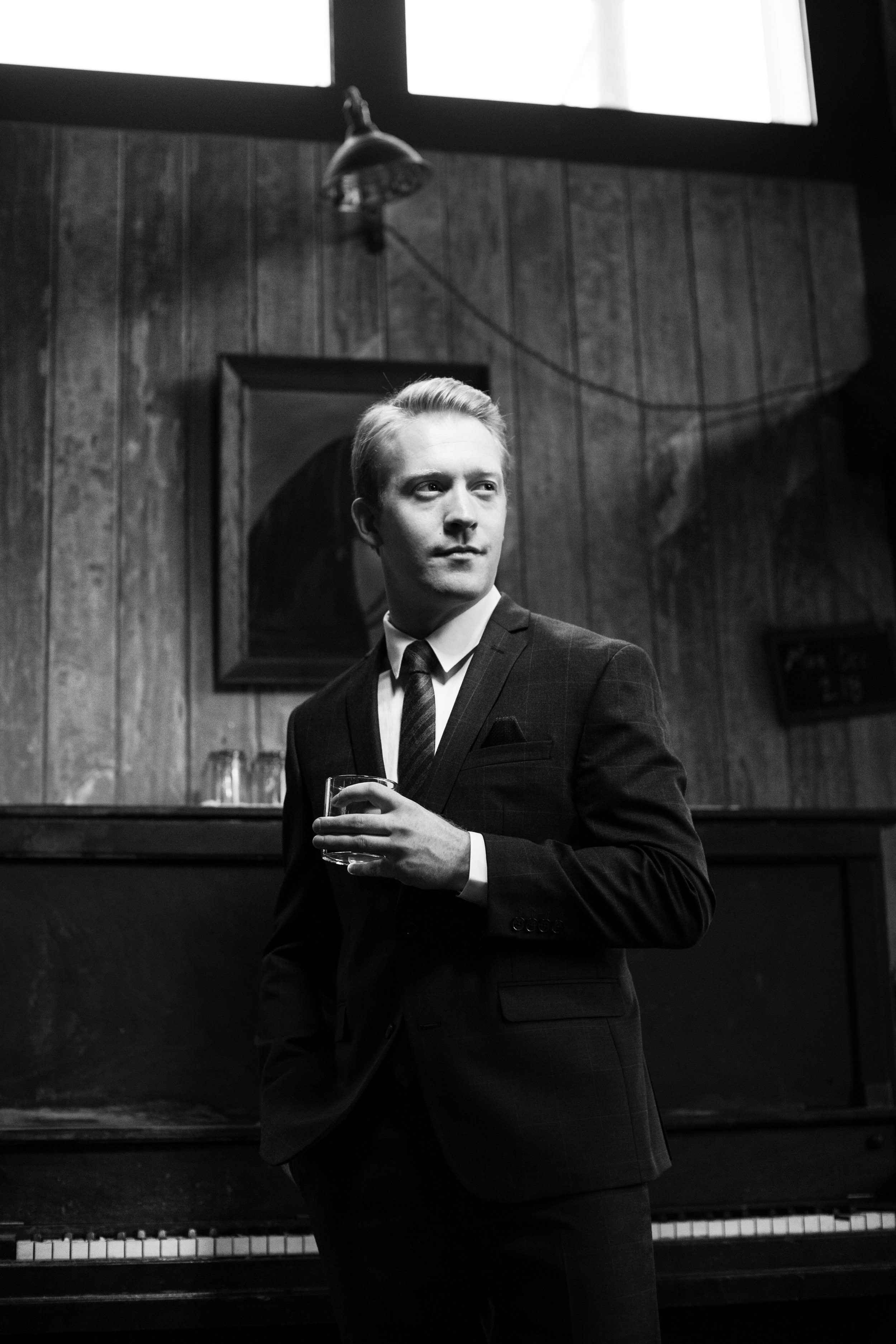WEBSITE | FACEBOOK | INSTAGRAM | SPOTIFY | TIKTOK | YOUTUBE
Ava Earl is Too Much.
The phrase, “Ava, you are a lot,” has been a familiar refrain in the life of Alaska singer-songwriter Ava Earl. Uttered with loving amusement by her parents, mild frustration by more than one teacher, and joyful admiration by a few key mentors, this notion of “being a lot” is at the heart of her latest studio album, fittingly titled, Too Much.
Earl is currently a junior at Northwestern University, located just outside of Chicago, where she’s channeling her near boundless energy into a packed schedule of academics, athletics, and of course, music. Her studies include political science, critical theory, and creative writing. Before and after class, she’s also racking up some serious mileage as a member of the school’s NCAA Division-I cross country running and track teams. Somewhere in there, she also writes music.
How does she make it all work? “Really, I think this is just the way I’m wired,” she says. “I’ve been balancing school, running, and music since I was about ten. The stakes are obviously higher now—and I definitely get stressed at times, but running and music have always been my two biggest loves, so taking both of these things to a higher level makes me incredibly happy.”
Last fall, Earl was one of seven Northwestern runners who helped the team qualify for the cross-country national meet. It was the first time the team made it to nationals in 20 years. That’s the kind of success Earl hopes to mirror with Too Much. “I honestly do see a lot of similarities in this trajectory,” she explains. “We made it to nationals because we put in the work, we had the support of our coaches, families, and friends, and we believed in our potential. I feel that exact way about my music right now.”
Having opened for the likes of Maggie Rogers while still in high school and releasing four albums by the time she was 18, Earl has already solidified herself in the Americana scene as an emerging artist. She made a big step up in 2021 with her album The Roses, produced by GRAMMY-nominated JT Nero. Well received by Americana UK, Holler, and American Songwriter, several songs were featured on Spotify editorial playlists, with “Mountain Song” amassing more than 100,000 streams.
Too Much continues on this path. Produced by JUNO-winner Zachariah Hickman and recorded at Great North Sound Society in Maine, the album champions a new sound––one that breaks away from previous recordings while staying close to Earl’s unique writing style. Rooted in lyrical rock, there are tracks that evoke the pop sounds of Olivia Rodrigo, Taylor Swift, and Gracie Abrams, while others hint at Americana artists Phoebe Bridgers, Elliott Smith, and Laura Marling. Thematically, the album takes us through Earl’s journey of early adulthood, including the concept of being “too much.”
“Women are often told or made to feel like we are too much,” Earl says. “We are too much for our surroundings, too much for our peers, too much for our own good. We are supposed to wait our turn, couch our ideas in questions, and just be small. That’s never worked out for me. From a young age, I have been labeled ‘too much’ and I know from experience, I couldn’t be less if I tried. This album works through those feelings of being too much—both for others and sometimes for myself.”
The title track, “Too Much,” tackles this duality head-on. Written in the aftermath of COVID shutdowns and her experience of sudden and permanent single-sided deafness, the deceivingly upbeat tune confronts her hearing loss anxieties, which are purely internal, as well as her romantic insecurities, which are far more external.
In “Ears Bleed” the concept of “too much” turns wholly inward. “After going deaf in my right ear, I was left with emotions that took months to unravel, sort, and explain. Six months in, I thought I had come to a semblance of peace when this song tumbled out of me, surprising me with a pain that was still so palpable,” she says.
Songs about being too much for others tend to have more bite. That’s certainly the case with “Better Than,” and “The Things You Said,” where Earl works through old feelings of being too eager and too earnest, labels that she says used to make her feel embarrassed, but today she wears with pride.
“I am too much, and I don’t think that will change,” she states. “But I do hope that this album can show other women and girls like me that being too much is actually a wonderful thing.”





